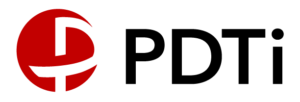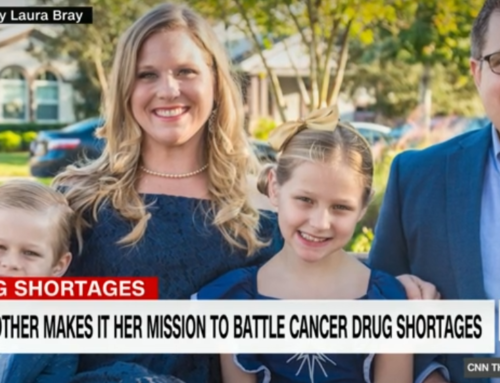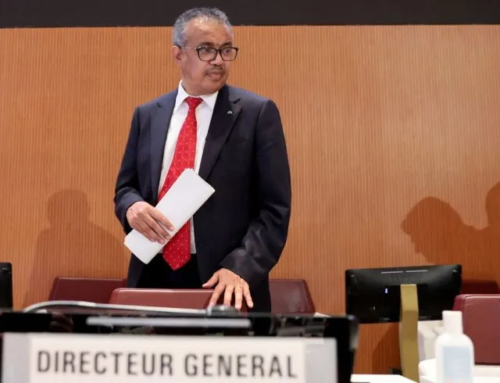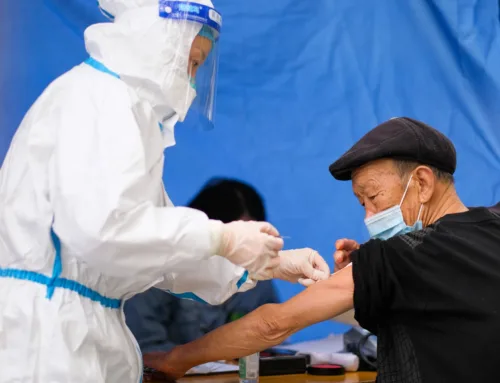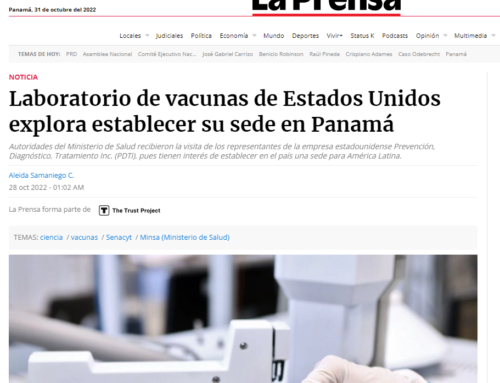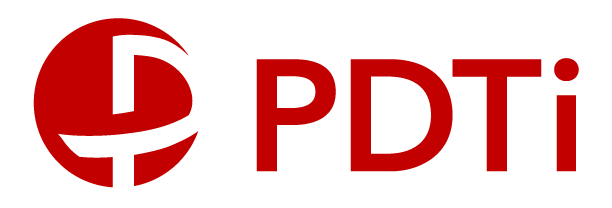WAPO: Group leading Covax decides ‘in principle’ to end vaccine-sharing initiative
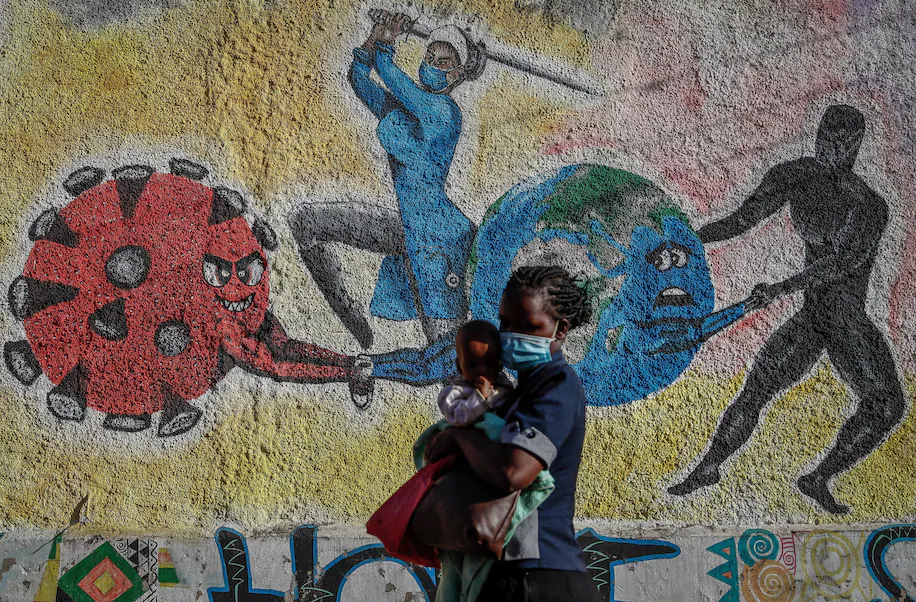
December 14, 2022
Source: Washington Post
An organization leading the Covax initiative to provide the world with coronavirus vaccine doses approved “in principle” a plan to phase out the project and treat covid-19 as a routine illness, rather than a public health emergency.
The board ultimately gave the green light “in principle” to look into ways to integrate coronavirus vaccinations into Gavi’s routine immunization programs for developing countries, the organization said in a news release Thursday, while leaving room to reconsider if the pandemic takes a turn for the worse.
Such a move would mark a major shift in how global health institutions approach covid-19 as countries learn to live with the coronavirus, experts say. But some caution that the pandemic isn’t over and that its course could change quickly.
Gavi is a nonprofit organization that supplies a slate of immunizations to developing countries. It partnered with the World Health Organization and the Coalition for Epidemic Preparedness Innovations (CEPI) to create Covax early in the pandemic.
As of last month, the initiative had shipped more than 1.8 billion coronavirus vaccines to 146 countries, helping low- and middle-income nations access lifesaving vaccines in the middle of a global pandemic. But it has also fallen short of its ambitious targets, critics say, including a recent goal put forward by the WHO to help vaccinate 70 percent of the world’s population against the virus by mid-2022.
Under the plan presented to the board, which The Post reported on Wednesday, Gavi will launch a new coronavirus vaccination program in 2024-2025, ending its support for vaccine delivery in 37 middle-income countries, while providing “catalytic financing” for immunization drives there.
The 54 poor countries that traditionally qualify for Gavi funding will continue to receive coronavirus vaccine doses free, and Gavi will cover 70 percent of the estimated total delivery costs.
The proposal to end Covax was first reported by the New York Times.
“We do think it’s premature and concerning, and wonder what consultations already have occurred with the many countries that have been affected,” said Peter Maybarduk, a lawyer for the advocacy organization Public Citizen who focuses on drug policy. “The emergency is not over — it’s the will to fight that has retreated, more than the emergency itself.”
Covax “continues to have in place plans for worst case scenarios,” and Gavi will remain flexible in case there are major pandemic developments next year, the news release said.
Ahead of this week’s meeting, a faction representing several Nordic countries, plus Switzerland and the Netherlands, submitted an amendment to the board to require further consideration and analysis, according to the document obtained by The Post.
John-Arne Rottingen, Norway’s ambassador for global health and the board member representing that group, said he was “pleased” to see the board commit to further analysis before the new program goes into effect. The board will assess the latest information at its next meeting in June.
The approach will allow Gavi to adapt to fluctuating vaccine demand and the needs of recipient countries, while also preserving the ability to change tack if a more virulent or immune-resistant coronavirus variant emerges, he said.
Covax was beset by challenges from the start, including insufficient funding and procurement delays as wealthy countries — including the United States — snapped up doses early in the pandemic.
As of this month, just 68.6 percent of the global population has been vaccinated with at least one dose, according to Our World in Data. In low-income countries, that figure averages about 25 percent.
The WHO did not respond to a request for comment.
“The writing’s been on the wall for many months, probably half a year, that Gavi was going to wind down Covax,” said Lawrence Gostin, a global health law expert at Georgetown University.
Two main factors appear to be at play, he said: plummeting demand for coronavirus vaccinations in low-income countries and “a broad, growing, global belief that the emergency phase of covid is nearing its end.”
Covax was the main source of coronavirus vaccines to countries in Africa, according to Githinji Gitahi, chief executive of Amref Health Africa, a health development NGO based in Kenya.
“Covax delivered,” said Gitahi, who also serves on a continentwide covid task force. “It did not deliver on time. And the reason it did not deliver on time, and therefore resulted in a big inequity, is that high-income countries hoarded all the available vaccines that Covax was supposed to purchase.”
Over the past year and a half, donations from wealthy countries helped Covax deliver doses to developing countries. But some doses were donated so close to their expiration dates that authorities rejected them or tossed them out.
Now, the global market is awash with coronavirus vaccines. But demand has dropped, even in less-vaccinated regions, in part due to weak vaccine infrastructure and vaccine hesitancy in developing countries, Gostin said.
Waning donor interest may also be at issue in discussions on the future of Covax, Maybarduk said.
Soon after taking office last year, President Biden signed on to Covax, which the Trump administration had opted not to join. The United States has since shipped more than 671 million vaccine doses to countries around the world, per State Department figures, but Congress has yet to pass more funding for the global coronavirus response despite repeated pushes by the administration since the spring.
To advance global vaccine equity, the most important question is not what happens to Covax but instead how to build vaccination capacity in developing countries, Gitahi said.
“It’s about saying, ‘What about global systems, and how do we close the inequity permanently, without having to look for short-term vehicles in the future?’”
Gavi’s board also authorized a plan to help develop vaccine manufacturing in regions across the world. It could include a new financial instrument for African vaccine manufacturing, according to the release.
“That’s the heartening silver lining,” Maybarduk said. “We are at least all talking about how to build up capabilities globally.”
Rachel Roubein contributed to this report.
